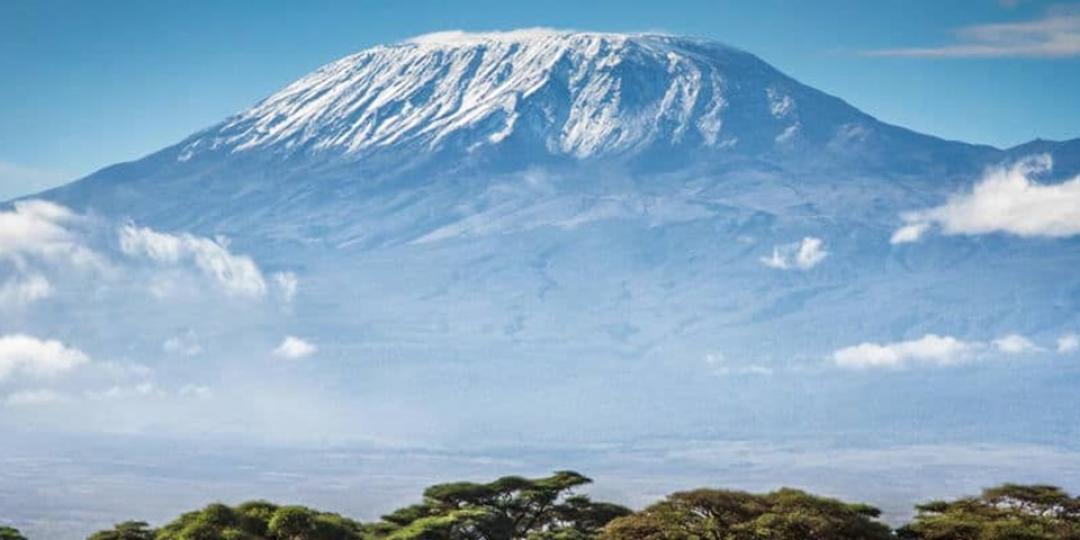This is the first in a three-part series on Tourism Update looking at climbing Africa’s highest mountain.
With Kilimanjaro being a popular choice for travellers, what should you be aware of when booking these trips, or advising your clients?
John Addison, Director of tour operator Wild Frontiers, highlights the importance of having an honest discussion with clients about price. “Price issues always come up when clients research trips and then compare options,” he says. “Some will want to go for the cheapest option, others see the value in better quality and the peace of mind of booking through an experienced, reliable, and licensed operator.
“We all buy safe vehicles, put safe tyres on them, and plan to live a long life,” Addison adds. “So don’t compromise on something as important as summiting Kilimanjaro.”
The analogy is apt. Safety should be a top priority for anyone attempting the climb. Addison explains that temperatures can drop to minus 20 degrees Celsius, and without the correct gear, crew and food etc., travellers are putting themselves at great risk. And, he says, budget operators have to be cutting the cost somewhere, whether that be underpaying staff, avoiding full park fees, compromising on food quality and quantity, using shoddy equipment, or overloading porters.
Making sure the operators are up to the task is important, clients should also be prepared for the realities of the climb. “It’s a strenuous hike, over six or seven days, walking around 20km per day, with the added issue of altitude as you go further along. So train properly, do your research, and arrive both mentally and physically prepared.”
Another important thing to remember is packing correctly. “The correct gear is a must,” Addison says. “Don’t skimp on quality – borrow, but don’t skimp – to ensure that you are fully prepared for all eventualities. The weather can change rapidly, so be prepared, and this won’t be problem.”
























